Serving 2,310 students in grades 9-12, Pinecrest High School ranks in the top 10% of all schools in North Carolina for overall test scores (math proficiency is top 10%, and reading proficiency is top 10%).
The percentage of students achieving proficiency in math is 77% (which is higher than the North Carolina state average of 51%). The percentage of students achieving proficiency in reading/language arts is 71% (which is higher than the North Carolina state average of 50%).
The student:teacher ratio of 22:1 is higher than the North Carolina state level of 15:1.
Minority enrollment is 40% of the student body (majority Black), which is lower than the North Carolina state average of 57% (majority Black).
Quick Stats (2025)
- Grades: 9-12
- Enrollment: 2,310 students
- Student:Teacher Ratio: 22:1
- Minority Enrollment: 40%
- Graduation Rate: 93% (Top 20% in NC)
- Overall Testing Rank: Top 10%
- Math Proficiency: 77% (Top 10%)
- Reading Proficiency: 71% (Top 20%)
- Science Proficiency: 65% (Top 50%)
- Source: National Center for Education Statistics (NCES), NC Dept. of Education
Top Rankings
Pinecrest High School ranks among the top 20% of public schools in North Carolina for:
Category
Attribute
Overall Rank
Math Proficiency
Reading/Language Arts Proficiency
Graduation Rate
School Overview
Pinecrest High School's student population of 2,310 students has grown by 8% over five school years.
The teacher population of 107 teachers has stayed relatively flat over five school years.
Grades Offered
Grades 9-12
Total Students
2,310 students
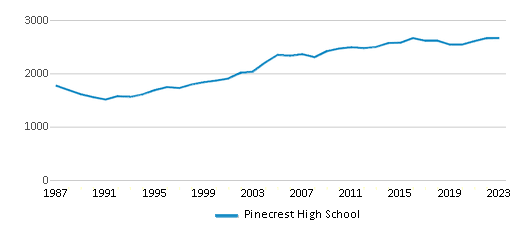
Gender %
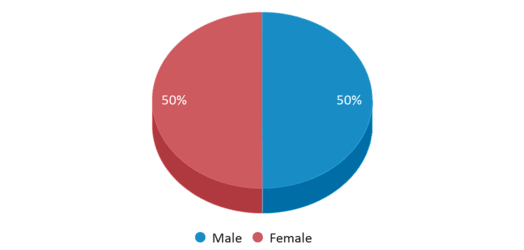
Total Classroom Teachers
107 teachers
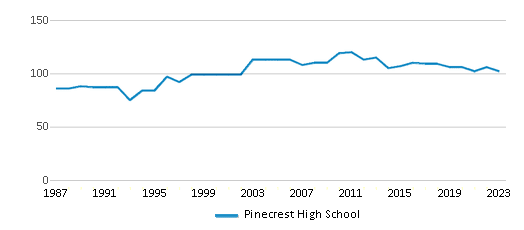
Students by Grade
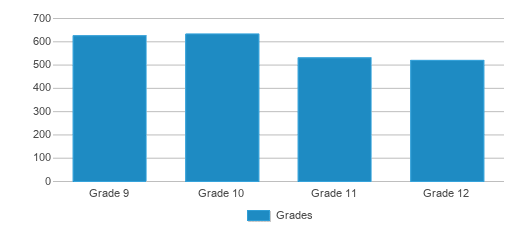
School Rankings
Pinecrest High School ranks within the top 10% of all 2,617 schools in North Carolina (based off of combined math and reading proficiency testing data).
The diversity score of Pinecrest High School is 0.59, which is less than the diversity score at state average of 0.71. The school's diversity has stayed relatively flat over five school years.
Overall Testing Rank
#244 out of 2617 schools
(Top 10%)
(Top 10%)
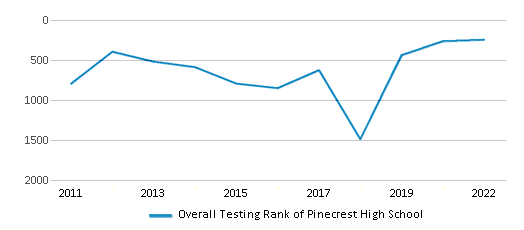
Math Test Scores (% Proficient)
77%
51%
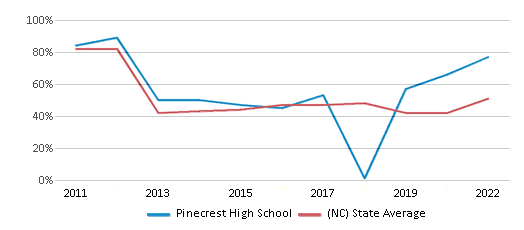
Reading/Language Arts Test Scores (% Proficient)
71%
50%
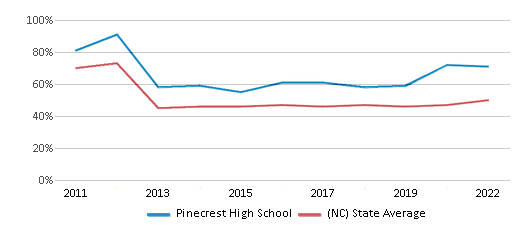
Science Test Scores (% Proficient)
65%
63%
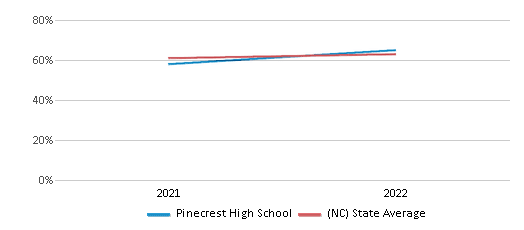
Student : Teacher Ratio
22:1
15:1
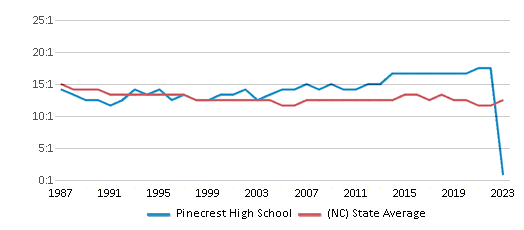
American Indian
1%
1%
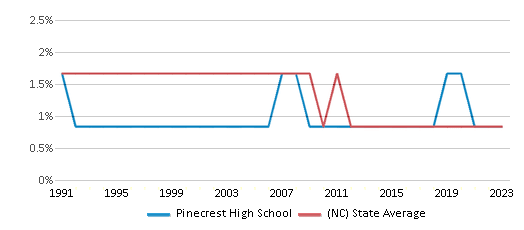
Asian
1%
4%
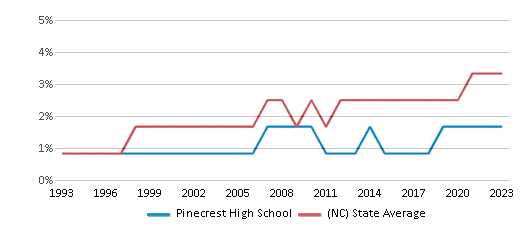
Hispanic
14%
21%
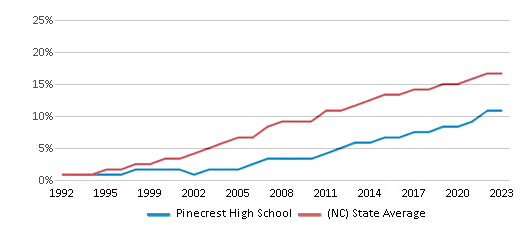
Black
17%
25%
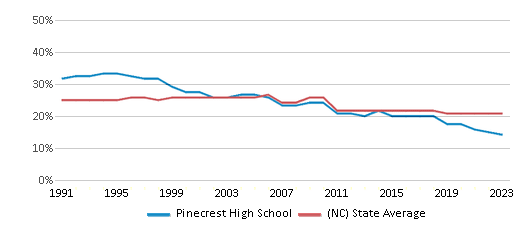
White
60%
43%
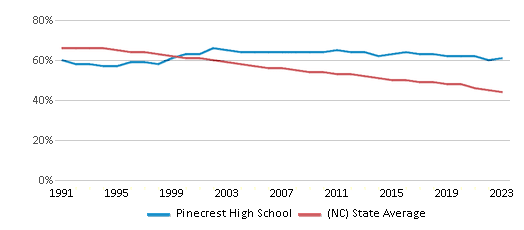
Hawaiian
n/a
n/a
Two or more races
7%
6%
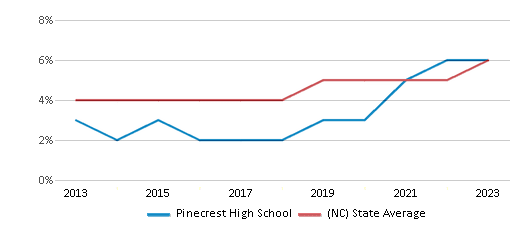
All Ethnic Groups
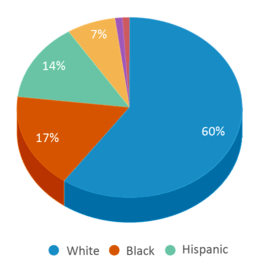
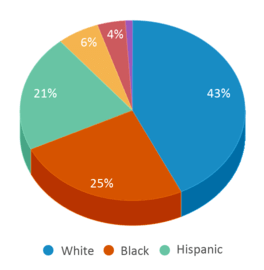
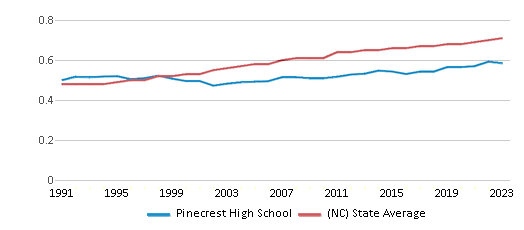
Graduation Rate
93%
86%
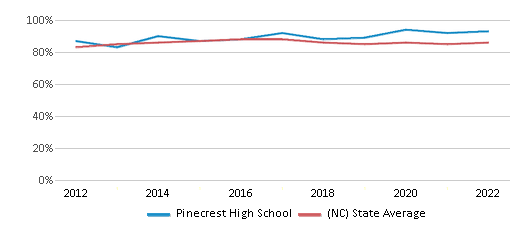
Participates in the National School Lunch Program (NSLP)
Yes
Eligible for Free Lunch
34%
68%
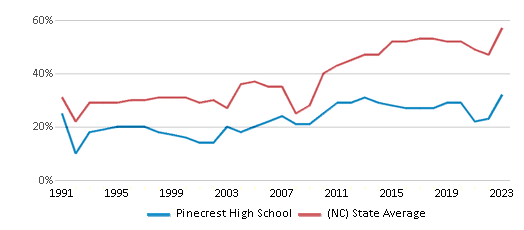
Eligible for Reduced Lunch
1%
1%
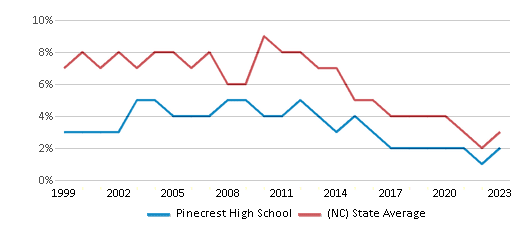
School Statewide Testing
School District Name
Source: National Center for Education Statistics (NCES), NC Dept. of Education
Profile last updated: 02/09/2025
Frequently Asked Questions
What is Pinecrest High School's ranking?
Pinecrest High School is ranked #244 out of 2,617 schools, which ranks it among the top 10% of public schools in North Carolina.
What schools are Pinecrest High School often compared to?
Pinecrest High Schoolis often viewed alongside schools like Union Pines High School by visitors of our site.
What percent of students have achieved state testing proficiency in math and reading?
77% of students have achieved math proficiency (compared to the 51% NC state average), while 71% of students have achieved reading proficiency (compared to the 50% NC state average).
What is the graduation rate of Pinecrest High School?
The graduation rate of Pinecrest High School is 93%, which is higher than the North Carolina state average of 86%.
How many students attend Pinecrest High School?
2,310 students attend Pinecrest High School.
What is the racial composition of the student body?
60% of Pinecrest High School students are White, 17% of students are Black, 14% of students are Hispanic, 7% of students are Two or more races, 1% of students are American Indian, and 1% of students are Asian.
What is the student:teacher ratio of Pinecrest High School?
Pinecrest High School has a student ration of 22:1, which is higher than the North Carolina state average of 15:1.
What grades does Pinecrest High School offer ?
Pinecrest High School offers enrollment in grades 9-12
What school district is Pinecrest High School part of?
Pinecrest High School is part of Moore County Schools School District.
School Reviews
5 12/5/2020
I am so glad to have discovered the supportive staff and administration at Pinecrest High School. The people who work here are bright and knowledgeable and actually care about the teenagers who attend. I am so glad we pulled our girls out of an expensive private school and now get a quality education for free!
5 3/21/2020
As a student at Pinecrest, the teachers are all very caring of the students and will take notice when something is wrong. There is so much opportunity here that it gives me a chance to really find myself and with the help of teachers, I've been so happy to be put in mind and get so much done!
2 7/4/2011
The level of caring about and teaching these children is sub-standard at best. It is obvious the teachers and admin collect there paycheck and move on. Teachers with tenure don't stay because the administration is faulty, and does not address issues with any sense of urgency. They discipline kids for playing or running, but don't moderate kids with pants around their knees. The whole system is part of the problem and the students pay the price.
Review Pinecrest High School. Reviews should be a few sentences in length. Please include any comments on:
- Quality of academic programs, teachers, and facilities
- Availability of music, art, sports and other extracurricular activities
Recent Articles

What Is A Charter School?
Explore the world of charter schools in this comprehensive guide. Learn about their history, how they operate, and the pros and cons of this educational innovation. Discover key facts about charter schools, including admission policies, demographics, and funding, as well as what to look for when considering a charter school for your child.

10 Reasons Why High School Sports Benefit Students
Discover the 10 compelling reasons why high school sports are beneficial for students. This comprehensive article explores how athletics enhance academic performance, foster personal growth, and develop crucial life skills. From improved fitness and time management to leadership development and community representation, learn why participating in high school sports can be a game-changer for students' overall success and well-being.

February 05, 2025
Understanding the U.S. Department of Education: Structure, Impact, and EvolutionWe explore how the Department of Education shapes American education, from its cabinet-level leadership to its impact on millions of students, written for general audiences seeking clarity on this vital institution.









